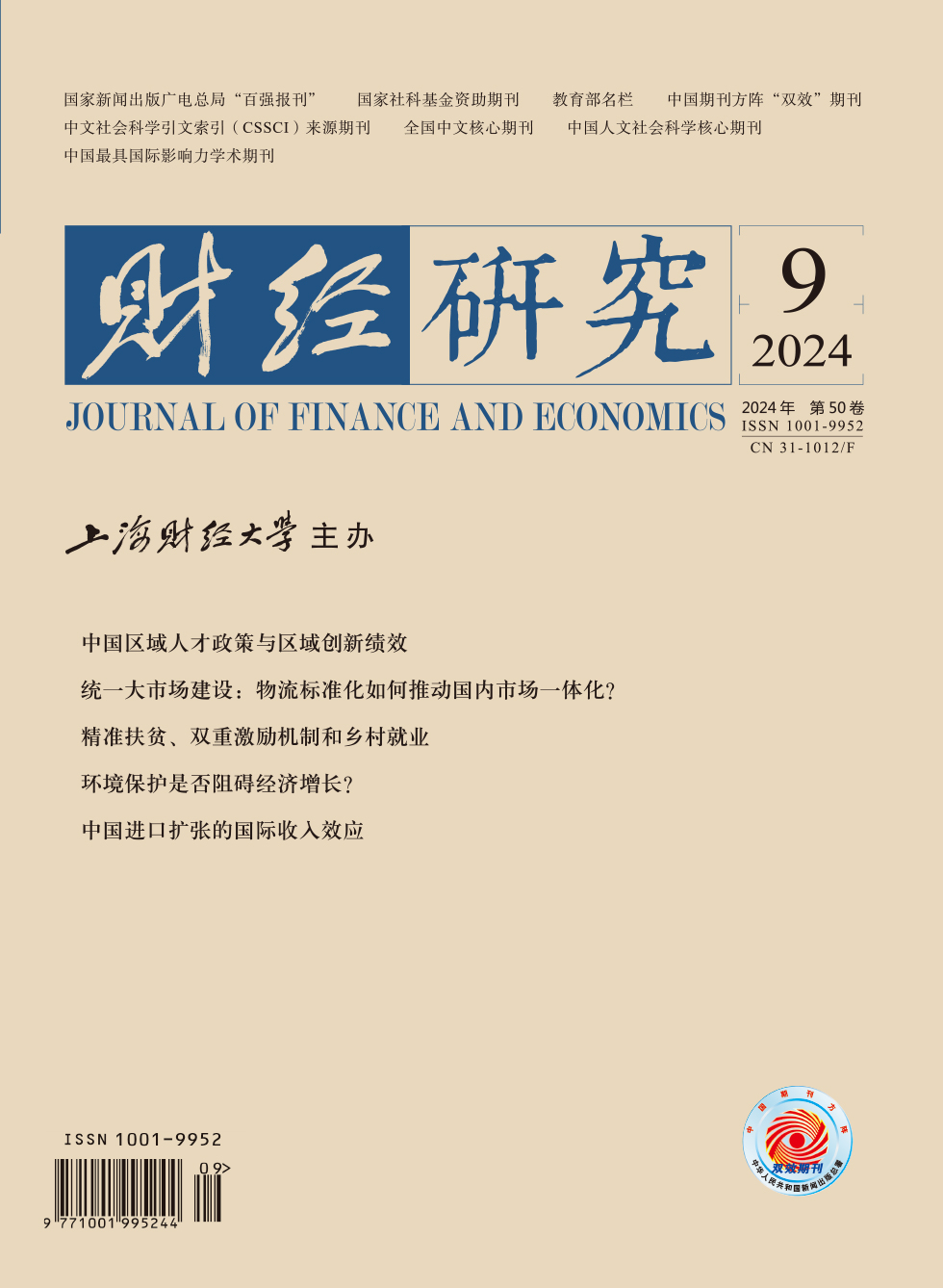With the deepening involvement in globalization, international trade has become a crucial driver of economic growth in China. Meanwhile, recent changes in the international political and economic environment, marked by the rise of trade protectionism and anti-globalization sentiments, have introduced trade policy uncertainties as a challenge facing the Chinese economy. Clarifying the impact of trade shocks on social stability and exploring risk mitigation strategies hold significant academic value and practical significance.
This paper, by organizing historical data and utilizing a quasi-natural experiment based on the abandonment of the “Inland River Crossing Ridge” route due to the opening of the five treaty ports in modern times, examines the impact of treaty port opening as a trade shock on social stability using panel data spanning 154 years from 229 counties in the provinces of Fujian, Jiangxi, and Guangdong. By approaching the issue from a historical perspective, it investigates the impact of international trade shocks on social stability, aiming to provide historical lessons for maintaining social stability amidst the current uncertain trade environment. The findings indicate that: (1) Compared to non-transit counties, the opening of the five treaty ports significantly negatively affected the social stability of transit counties along the “Inland River Crossing Ridge” route, primarily leading to a notable increase in social security incidents. (2) The abandonment of the “Inland River Crossing Ridge” route had a spillover effect on non-border counties, with a spillover effect of official-civilian conflicts, property-related social security incidents, and violent social security incidents observed at distances of 100 km, 200 km, and 250 km, respectively. (3) The negative impact on social stability mainly stems from a reduction in trade opportunities brought by commercial routes and a lack of grassroots societal risk resilience. The former results in increased transportation costs and reduced market accessibility, while the latter is due to the scarcity of grassroots organizations unable to provide sufficient public goods for risk mitigation.
This paper contributes to existing literature in three aspects: First, by systematically organizing social conflict events recorded in “Qing Shilu” and “Zhupi Zouzhe”, it provides empirical evidence on the impact of treaty port opening on domestic social stability. Second, by using the transformation of domestic trade patterns resulting from international trade shocks as a point of entry, it enriches discussions on factors influencing social stability. Third, it quantitatively discusses the role of civil society organizations during the Qing period in grassroots social governance, demonstrating that public goods provided by clans and charitable halls enhance local society’s resilience to economic shocks.





 629
629  628
628

